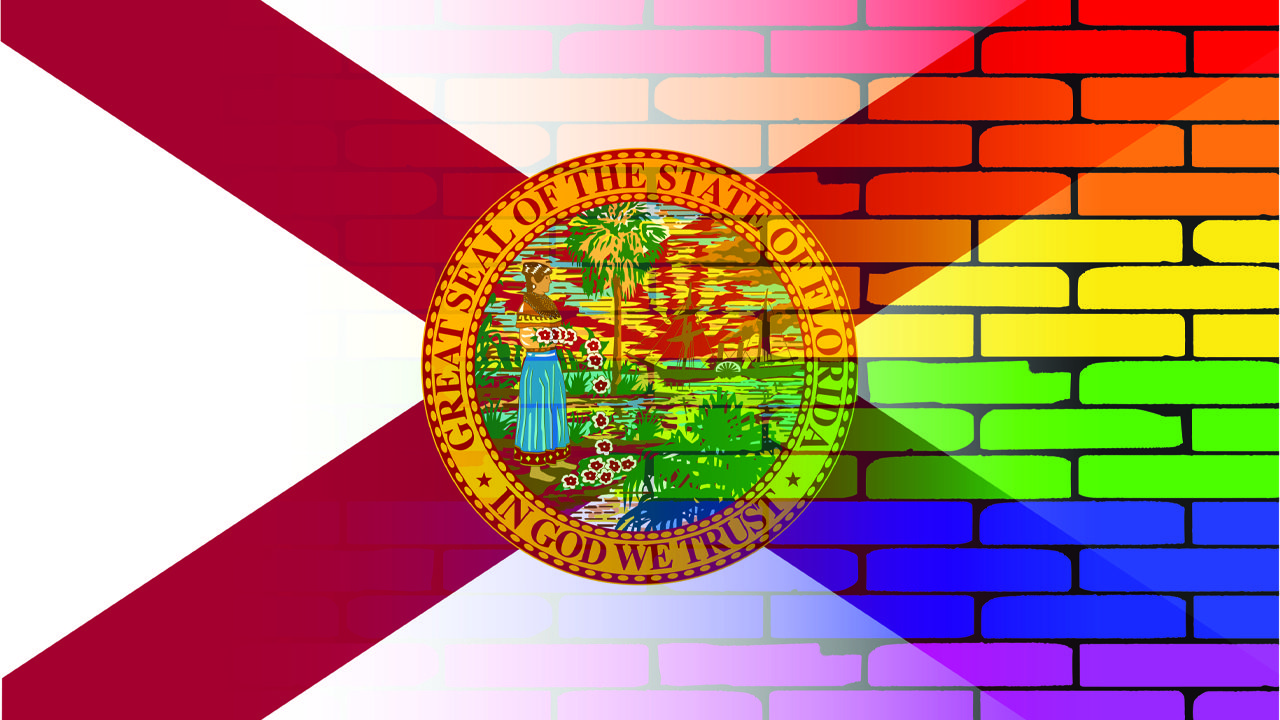Proposal adding regulations for school pronoun use, educational materials heading to Senate floor
Florida Politics | By Anne Geggis | April 13,2023
The bill is seen as an extension of last year’s Parental Rights in Education Act.
A bill that would regulate the use of pronouns in public schools is on its way to the Senate floor.
Republican Sen. Clay Yarborough’s bill (SB 1320), which would also strengthen book-banning objections, passed along party lines in front of the Senate Committee on Fiscal Policy.
The bill is seen as an expansion of last year’s legislation (HB 1557), called the Parental Rights in Education Act. Critics have labeled it the “Don’t Say Gay” law because of the way it prohibits instruction on sexual orientation or gender identity specifically for students in kindergarten through third grade, and at other grades where it is not “age-appropriate.”
This bill would expand that prohibition through the eighth grade.
“Parents have the right and a God-given responsibility to guide their children’s upbringing,” Yarborough said. “Florida parents are justified in their concerns about agendas that have become pervasive across forms of media, specifically that target young children. And as I mentioned, we’ve seen firsthand examples of pornographic materials that promote promiscuity among young children.”
Application of current law has been problematic enough, Democrats said.
Democratic Sen. Lori Berman of Boca Raton asked whether the law had been correctly interpreted when teachers in same-sex marriages were told to remove family pictures from the classroom. It happened in Orange County, Berman said.
Yarborough replied that it was not a correct interpretation. Therein lies the chief problem, Berman responded.
“Instead of clarity, what we’re getting today is expansion,” Berman said, noting that rainbow stickers and flags have been removed from classrooms. “The message we’re sending here today is the wrong message. The message we should be sending is that we care about all our students and we care about all our teachers.”
Democratic Sen. Linda Stewart of Orlando said she can’t support the bill because of the confusion its predecessor has spawned, arguing that law needs to be fixed.
The law “has empowered sweeping censorship including banning the books, LGBTQ characters by LGBTQ authors, anti-bullying programs ending, deep intimidation of LBGTQ teachers and staff and all the different communities within the gay community,” the Orlando Democrat said.
The new measure, called the “Child Protection in Public Schools” bill, has been dubbed, “Don’t Say They,” because of the way it targets the use of pronouns. And it expands the prohibition of discussion of sexual orientation or gender orientation through eighth grade and further regulates classroom materials one might deem objectionable.
Like other bills that address transgender issues this Session, the bill defines a person’s “sex” as an immutable biological trait. According to the bill, a person’s “sex” is defined by his or her specific reproductive role, sex chromosomes, naturally occurring hormones and genitalia at birth.
The bill also says students will be taught that biological males impregnate biological females by fertilizing the female’s egg with the male’s sperm, and “these roles are binary, stable and unchangeable.”
As for pronouns, employees and contractors would be blocked entirely from offering their preferred pronouns to students, unless those pronouns “correspond to his or her sex.”
“I believe very strongly that public schools should focus on education, not indoctrination. Schoolchildren need to be taught the three R’s, not the 35 invented genders, and pronouns,” said John Labriola, representing the Christian Family Coalition.
“No teacher or administrator should have the right to encourage children to change their gender identity behind parents’ backs or force a child to use preferred pronouns that don’t correspond to biological reality. That’s child abuse, and it has no place in the classroom.”
Most of the testimony urged lawmakers to reject the bill with raw, personal testimonials.
“When you ban discussion of sexual orientation and gender identity, when you pretend that we don’t exist, you’re doing real harm to these kids — you’re attacking them,” said John Harris Mower, who’s in a same-sex marriage and the father of a daughter.
“You’re sending a message that there’s something wrong with them, or something wrong with their families. What makes my family any more of a sensitive topic that can’t be discussed in schools than any of yours?”
High School student Will Larkins of Winter Park, one of the plaintiffs in a lawsuit against the “Don’t Say Gay” law, said this bill will mean his bullies are now endorsed by the Legislature.
“I went to school and I had students bullying me nonstop. I’d walk home and have cars follow me and yell slurs from the windows,” he said.
Committee Chair Travis Hutson wanted to make sure that Larkins wasn’t suicidal, as he referenced in his testimony.
“There are people in your life who appreciate you and love you,” Hutson said, adding that he appreciated his testimony.
Larkins responded and asked him to legislate like he really did appreciate his testimony.
The bill is on the brink of becoming law. Similar legislation (HB 1069) received full House approval last week and has been forwarded to the Senate for action.






